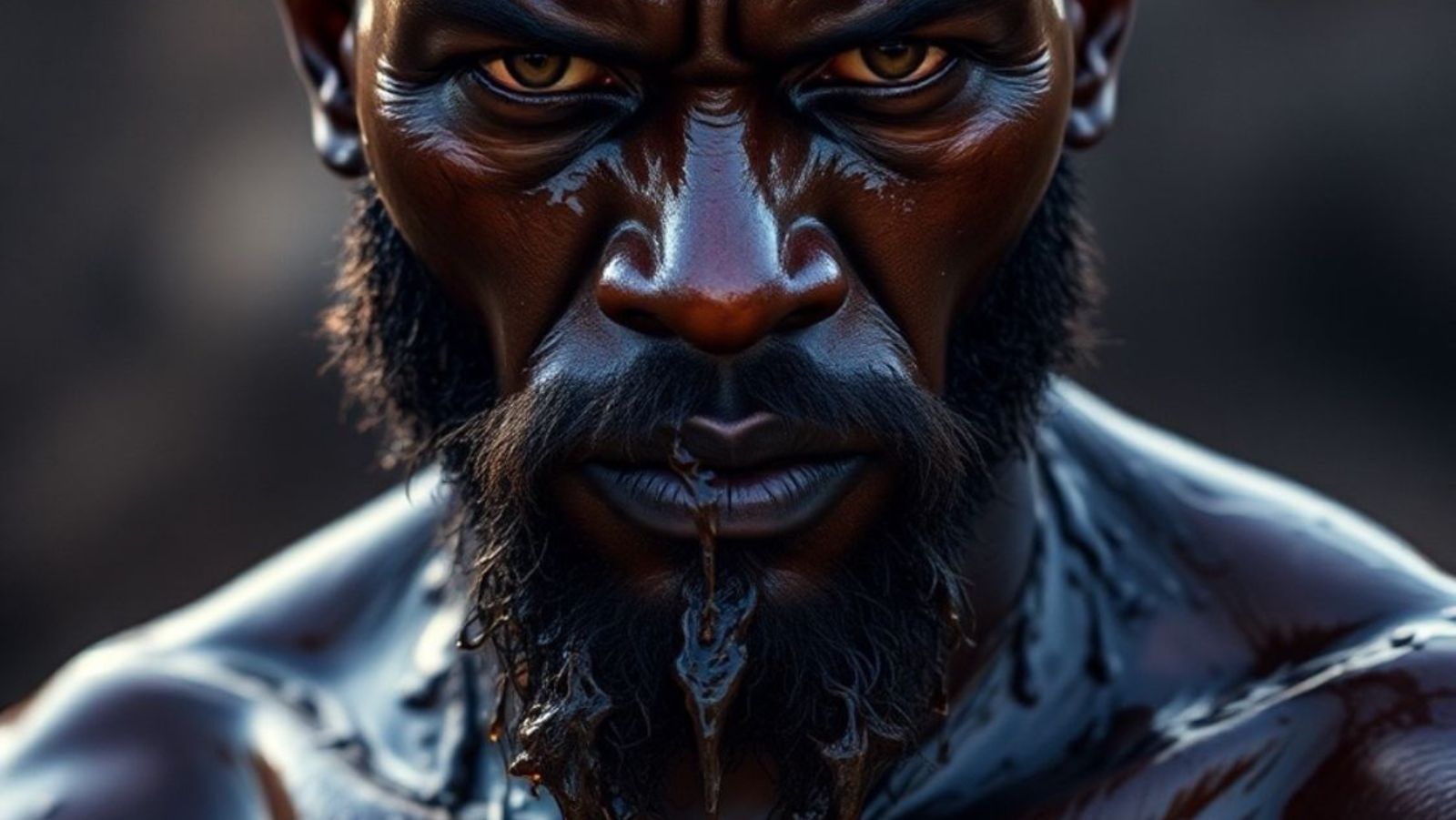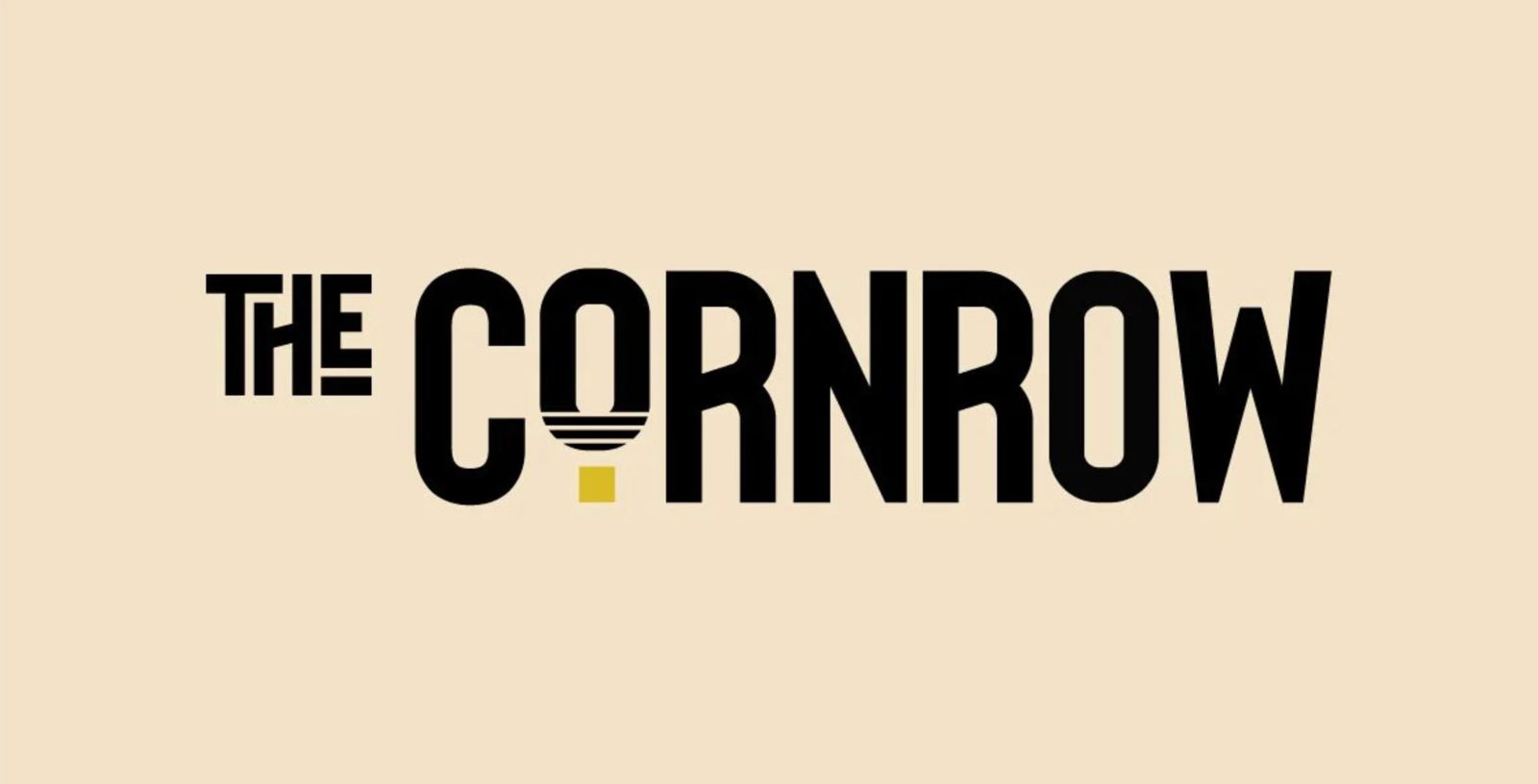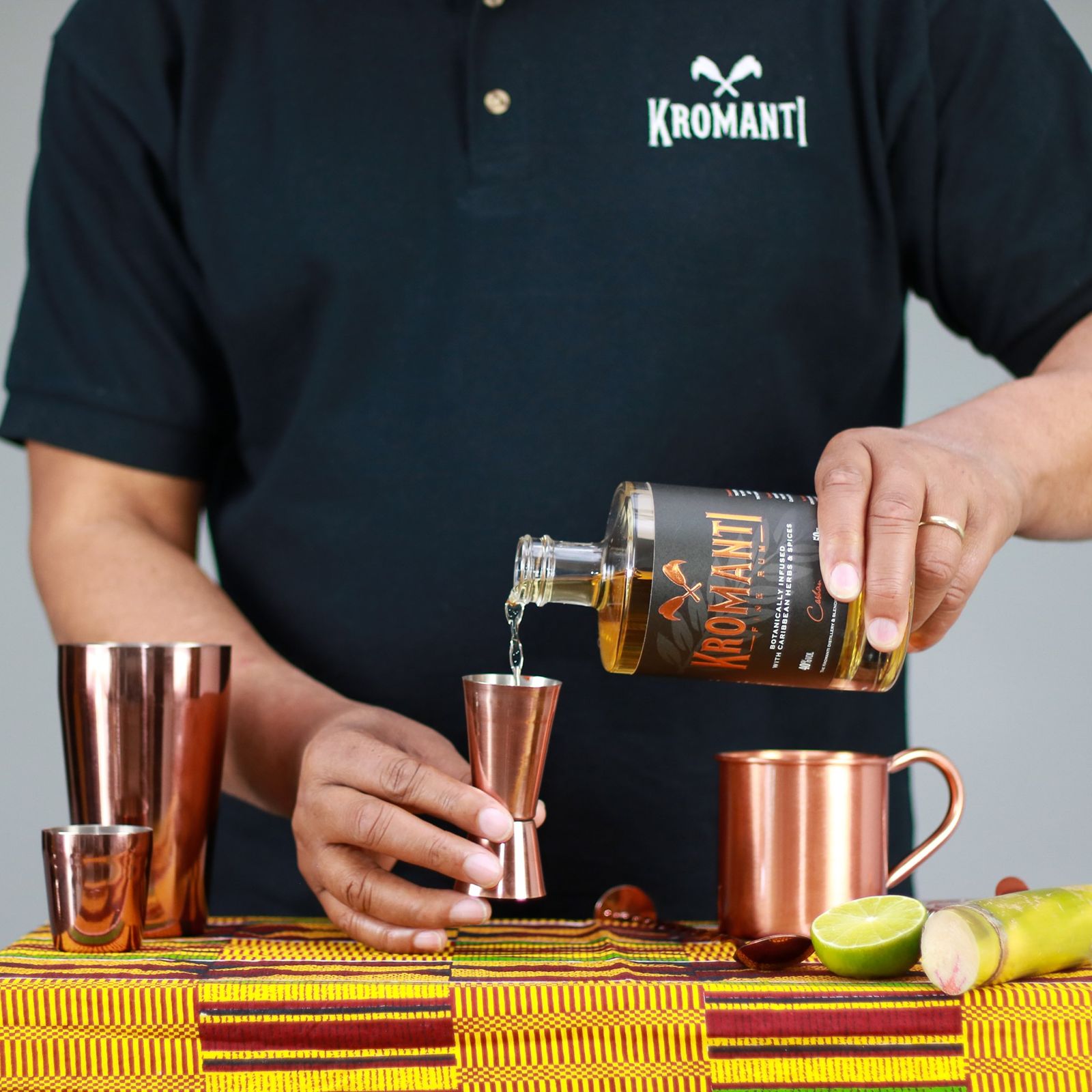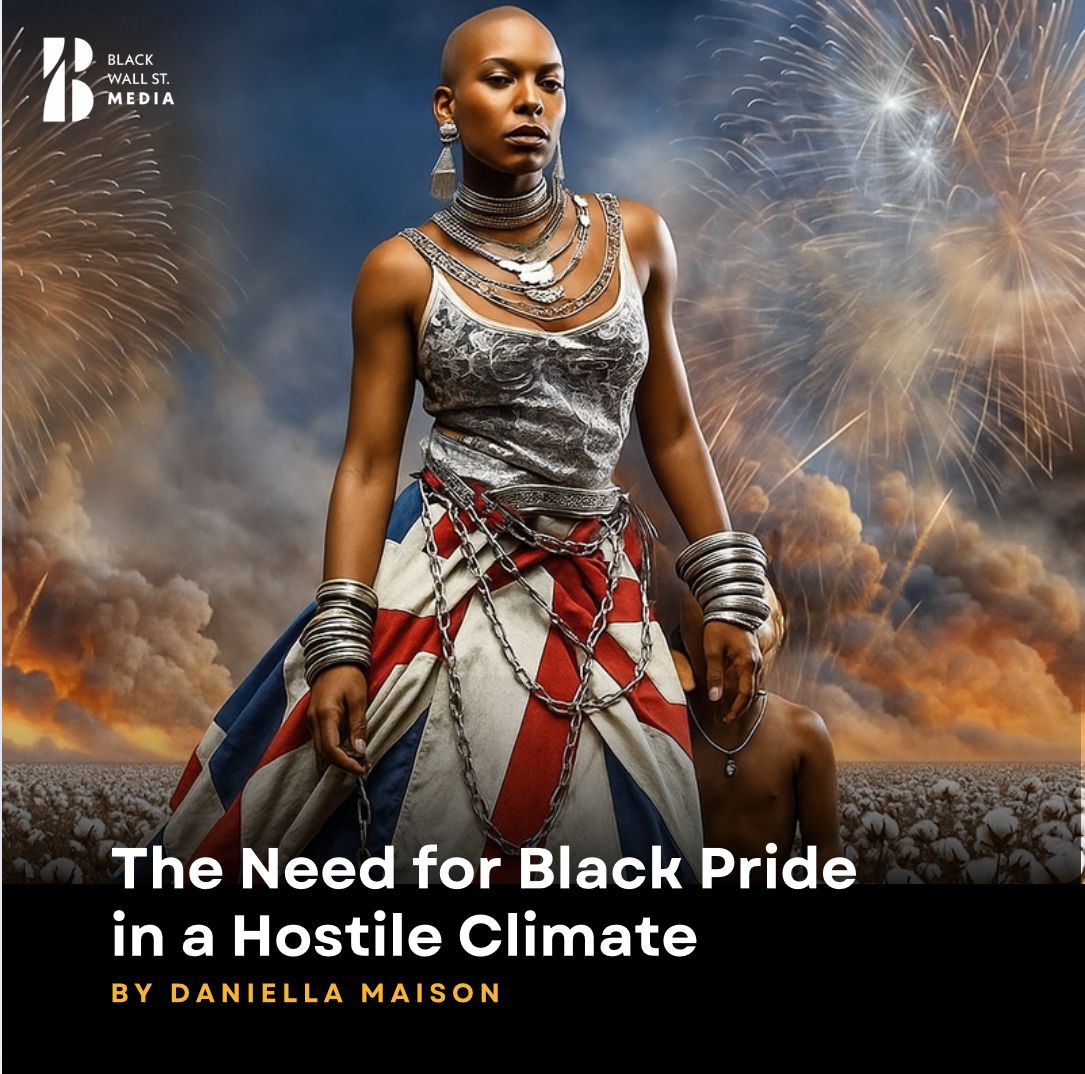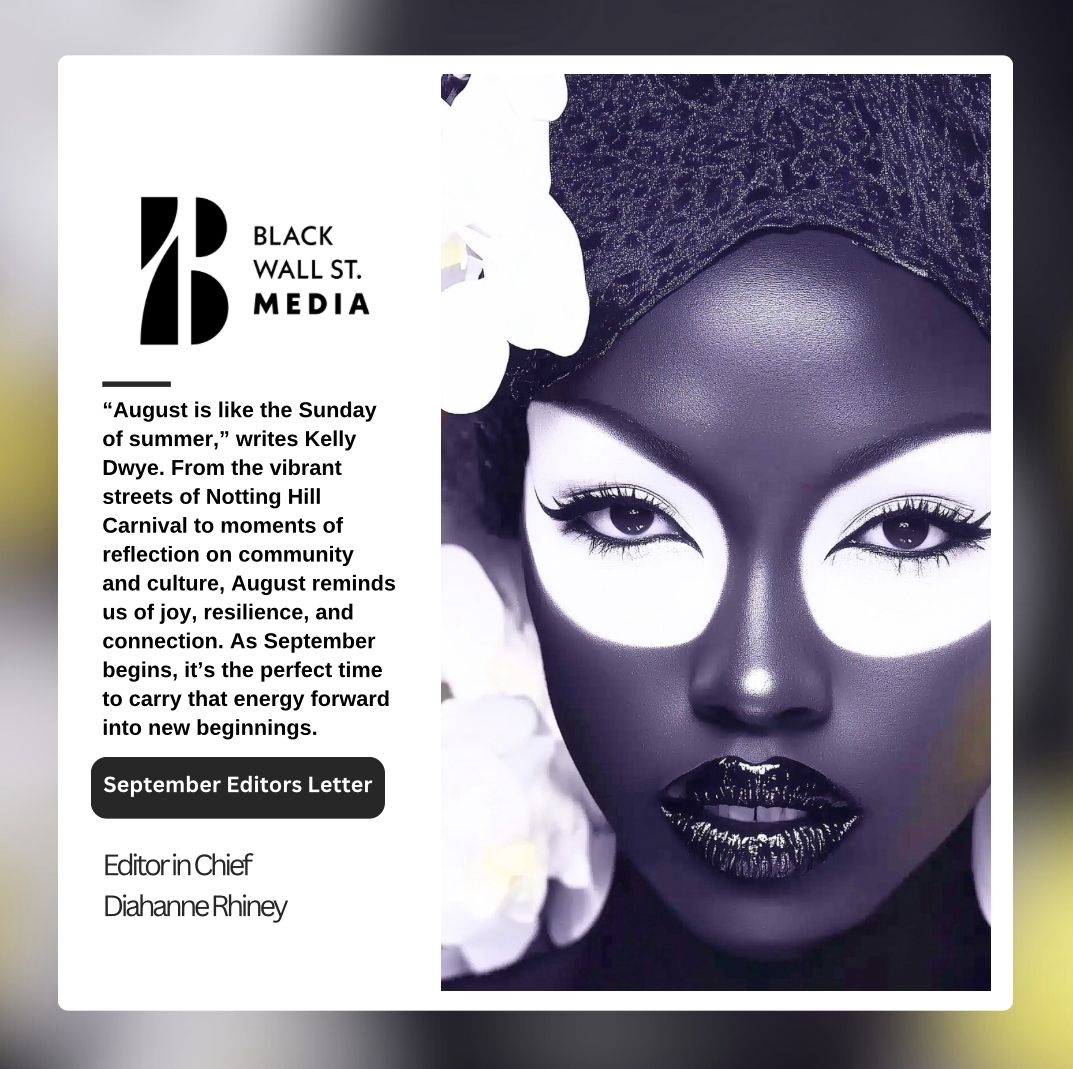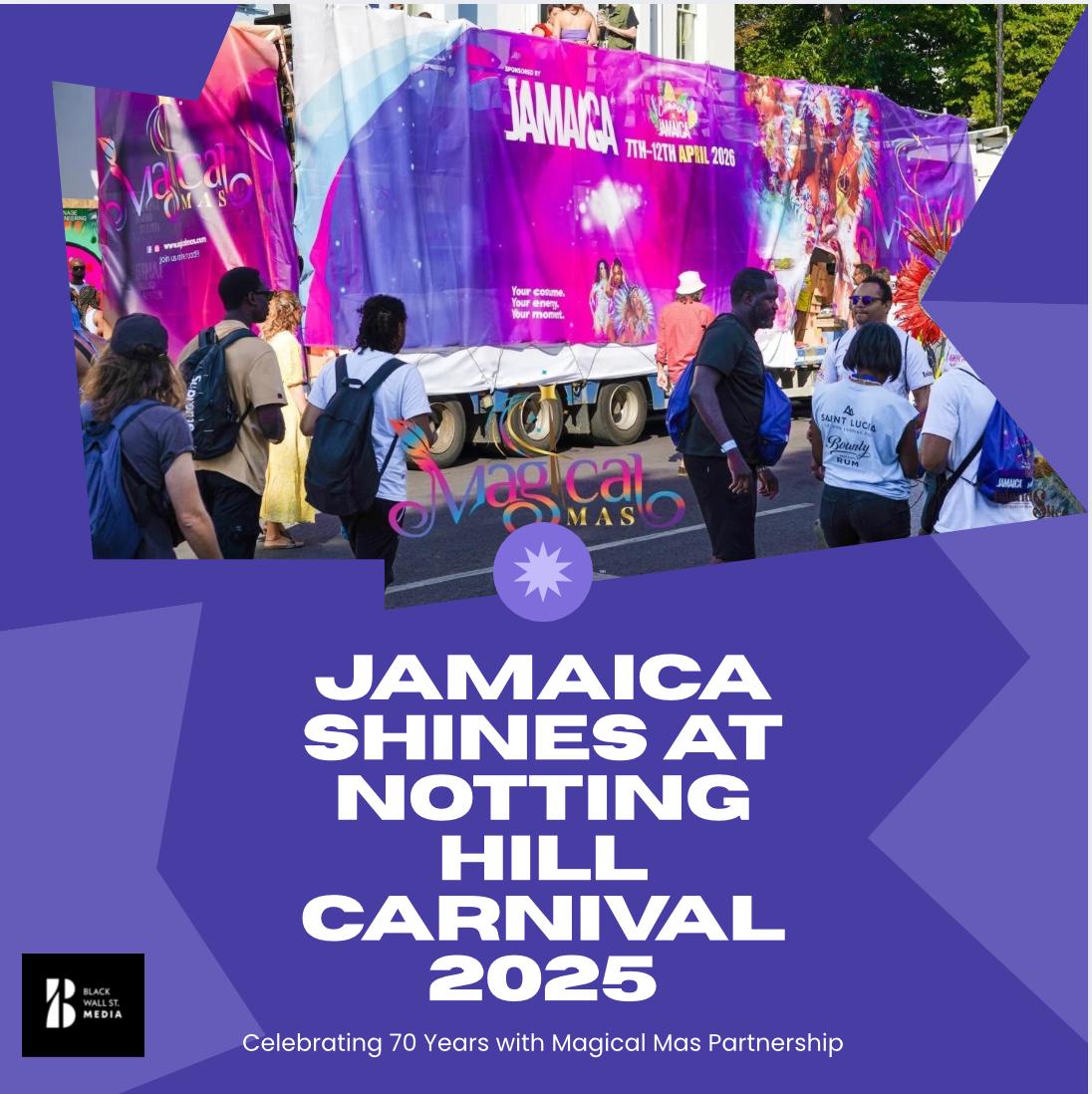Cultural Heritage
The Power of Jab Mas
“Discover the raw and rebellious spirit of Grenada’s Carnival in the heart of Jab Mas. A tradition rooted in defiance, freedom, and cultural resilience, Jab Mas is unlike any other Carnival experience. Covered in oil, mud, and paint, the Jabs take to the streets in a powerful display of Grenadian history and identity. Dive into the rich cultural heritage and unbridled energy that makes Jab Mas a true celebration of freedom!”
BWSMCONTRIBUTOR
On Carnival morning in Grenada, a transformation sweeps through the streets of the Spice Isle, waking it from its tranquil slumber.
The Jabs emerge from the shadows, their presence a vivid display of Grenadian spirit, history, and rebellion.

They are fierce, dripping with oil and mud, and unapologetically free. This is Jab Mas, a centuries-old tradition rooted in Grenada’s culture and struggle for freedom.
For the uninitiated, Jab Mas can be jarring.
In Grenada, to “play Jab” means to inhabit the role of the devil, a character symbolized by the word “Jab,” derived from the French “diable.” But this isn’t about spirituality or fear—it’s about defiance.
The Jab tradition is a theatrical, rebellious performance, with roots in the island’s colonial past.

On J’Ouvert morning, participants cover themselves in oil, mud, paint, and whatever else they can find, becoming unrecognisable demons of the streets.
Historically, Jab Mas was about satirizing the oppressiveness of European colonialists and slave masters.
With their bodies covered in oil and their faces masked in exaggerated expressions of menace, enslaved Africans could mock their overseers without fear of reprisal.
A Tradition of Rebellion
Though the Jab Molassie, or Blue Devils, of Trinidad Carnival are iconic, Grenadians claim Jab Mas as their own, with its origins tied to their island’s complex colonial history.
In the 18th century, the British took control of Grenada, displacing the French planters who were deeply entrenched on the island. When many of those French colonists migrated to Trinidad, they took with them their Carnival traditions, including Jab Mas. However, it was in Grenada, where the roots of this masquerade form first took hold, combining African traditions with the mockery of colonial power.
The imagery of Jab Mas is dark and unsettling.
Imagine a figure covered in black oil, wearing horns and dragging chains, blood dripping from his lips as he chews something that resembles raw flesh. The sight is primal, a direct challenge to the sanitized, regimented forms of carnival that have emerged elsewhere in the Caribbean.
For Grenadians, Jab Mas is about embracing chaos and rejecting the polished commercialization of the Carnival experience.
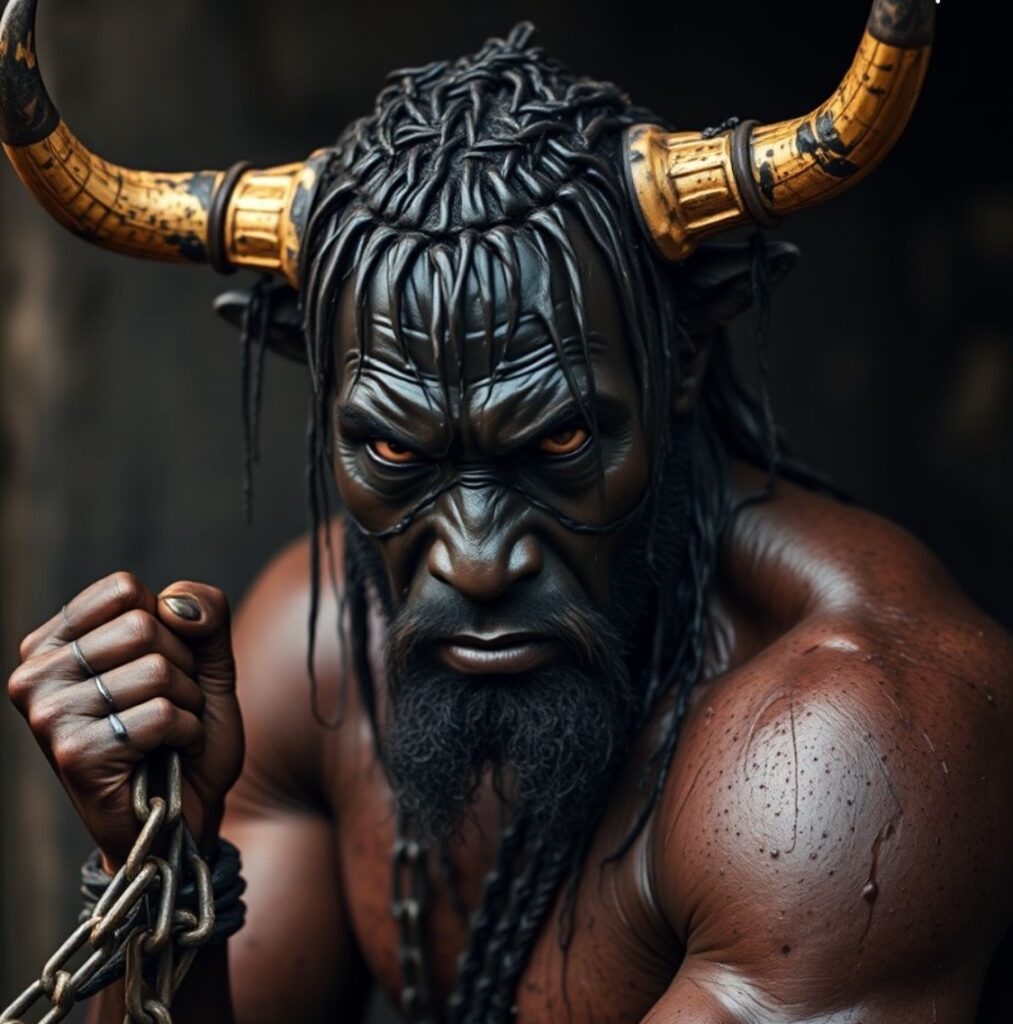
Today, the Jabs wear cow horns, blow conch shells, and drag chains, symbols of a not-too-distant past when such tools were instruments of control and oppression. By donning these items, the Jabs reclaim their power.
Playing Jab is not just a performance; it is an act of cultural reclamation and a testament to the resilience of Grenada’s people.
A Celebration of Unbridled Freedom
What sets Jab Mas apart from other Carnival traditions is its accessibility. You don’t have to pay money to play Jab Jab, It is a free thing for everybody. Which is what makes it so appealing.
There are no expensive costumes, no exclusive bands to join. Anyone can participate, provided they’re willing to get dirty. With a splash of oil or paint, you’re transformed, no longer an individual but part of a collective experience—free from societal constraints, immersed in the music, and liberated by the anonymity of the Jab.
As other Carnivals around the Caribbean have become more rigid and commercialised, Grenada’s Jab Mas has remained true to its rebellious spirit.
It’s a celebration of the island’s history of resistance and its ongoing fight for freedom.
This spirit is deeply embedded in Grenada’s past, from the Fedon Rebellion, a 15-month uprising against British rule, to the 1979 revolution led by Maurice Bishop, which briefly turned Grenada into a socialist state.
This spirit of defiance and independence is embodied in the Jab tradition, which refuses to conform to the sanitised norms of modern Carnival.
The Rhythm of Jab Jab
At the heart of Jab Mas is its music, a driving, relentless beat that compels participation. Historically, players would chant as they moved through the streets, accompanied by the sound of conch shells and goat-skin drums.
By the early 1990s, this rhythm evolved into Jab Jab music, a genre in its own right. Grenada’s Moss International was one of the first to bring Jab Jab music to the studio, with their track “Jambalesse [Rule].” But it wasn’t until 2000, when Tallpree’s hit “Old Woman Alone” hit the airwaves, that Jab Jab music became a full-fledged Caribbean phenomenon.
Jab Jab music is more than just a genre; it’s a primal call to freedom.

The rhythms evoke something deep and ancestral, something that makes you feel untouchable, as though nothing can harm you.

This connection to the past, to ancestors who fought and struggled for freedom, is what makes Jab Mas so profound. It’s not just about revelry; it’s about survival, resilience, and the unbreakable will of a people who have refused to be silenced.
A True Expression of Grenadian Identity
For those who see Grenada as nothing more than a tranquil escape, Jab Mas serves as a reminder of the island’s deep-rooted history of resistance and rebellion. Grenada is the birthplace of freedom fighters like Henri Christophe, a leader of the Haitian Revolution, and labor leader Tubal Uriah Buzz Butler.
https://youtu.be/LKFRokNSAtI?si=XrdkFW0RZaZ3jdsi
It’s also the site of the Caribbean’s most modern revolution. Jab Mas encapsulates this spirit of defiance, making it more than a mere carnival performance. It is Grenada at its most raw and unfiltered.
Jab Mas is not for the faint of heart. It is a celebration of Grenadian culture in its purest form—a messy, chaotic, oil-soaked affirmation of freedom.
In Jab Mas, Grenada’s true soul is laid bare for the world to see.

SECURE YOUR TICKETS NOW for the 2nd Spirit of the Caribbean Annual Ball & Black Honour Awards on Saturday, October 26, 2024, from 7.30 pm to 02.00 am.
The night features a reception, networking, and awards ceremony honouring those who have made significant impact within and beyond our community. Post-awards, prepare for live entertainment and dancing until 02:00 am. The event, a symbol of shared heritage, showcasing Caribbean Excellent.
Dress code is black tie.
Tickets can be purchased on Eventbrite (booking fees apply)
or from Event Connoisseurs: with no booking fee.
For more details, contact us at
enquiries@eventconnoisseurs.com

